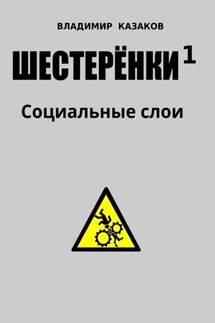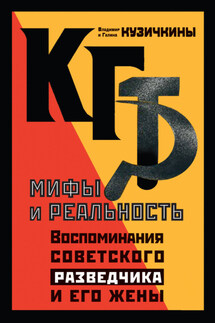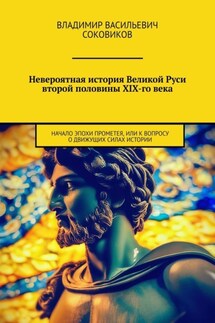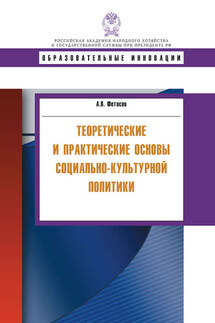Russia 2022 - страница 2
The Government consists of the Chairman of the Government, the Deputy Chairman of the Government and federal ministers. The Chairman is appointed by the President with consent of the State Duma. If the State Duma thrice rejects candidates for the Chairman of the Government nominated by the President, the President appoints a Chairman of the Government, dissolves the State Duma and calls a new election.
The Prosecutor’s Office of the Russian Federation is a single centralised system in which lower prosecutors are subordinated to higher prosecutors and the Prosecutor-General. The Prosecutor-General is appointed to the post and relieved from it by the Federation Council on nomination by the President. Prosecutors are appointed by the Prosecutor-General.
RUS-125
The legislative process in Russia includes three hearings in the State Duma, then approval by the Council of the Federation and the president. The laws adopted by the State Duma are passed to the Council of the Federation for review. A Federal law is considered passed by the Council of the Federation if more than half of its deputies vote for it or if within 14 days it has not been considered. In the event that the State Duma disagrees with the decision of the Federation Council, a federal law is considered adopted if, after a second vote, at least two-thirds of the total number of deputies to the State Duma vote for it. Then, however, laws must be considered by the Council of the Federation. These are laws that deal with the issues of: the federal budget; federal taxes and duties; financial, monetary, credit and customs regulations and money transmission; the ratification and withdrawal from international treaties; the status and protection of the state border; and issues of war and peace.
The adopted Federal law is sent to the president. If the President rejects a Federal law the State Duma and the Federation Council must again consider the law. If, during the second hearings, the Federal law is approved in its earlier draft by a majority of not less than two-thirds of the total number of deputies of the Council of the Federation and the State Duma, it must be signed by the President.
RUS-150
Russia is a Federation with capital in Moscow (population – approximately 12,678,000). It used to consist of 87 Subjects of the Federation, but the number was reduced to 83 before the accession of Crimea. Currently there are 46 Oblasts, 22 Republics, 4 Autonomous Okrugs, 9 Krais, 3 Federal cities, and 1 Autonomous Oblast. These Subjects of the Federation (Regions) are deemed to have equal political rights but they are not equal in area, population or economic development.
They are (administrative divisions have the same names as their administrative centres, exceptions have the administrative centre name following in parentheses):
Oblasts:
Amur (capital – Blagoveshchensk), Arkhangelsk, Astrakhan, Belgorod, Bryansk, Chelyabinsk, Chita, Irkutsk, Ivanovo, Kaliningrad, Kaluga, Kemerovo, Kirov, Kostroma, Kurgan, Kursk, Leningrad, Lipetsk, Magadan, Moscow, Murmansk, Nizhniy Novgorod, Novgorod, Novosibirsk, Omsk, Orenburg, Orel, Penza, Pskov, Rostov, Ryazan, Sakhalin (capital – Yuzhno-Sakhalinsk), Samara, Saratov, Smolensk, Sverdlovsk (capital – Yekaterinburg), Tambov, Tomsk, Tula, Tver, Tyumen, Ulyanovsk, Vladimir, Volgograd, Vologda, Voronezh, Yaroslavl;



![Bo][ing Day истребить «колхозника»](/uploads/covers/fe/bo-ing-day-istrebit-kolhoznika.jpg)



